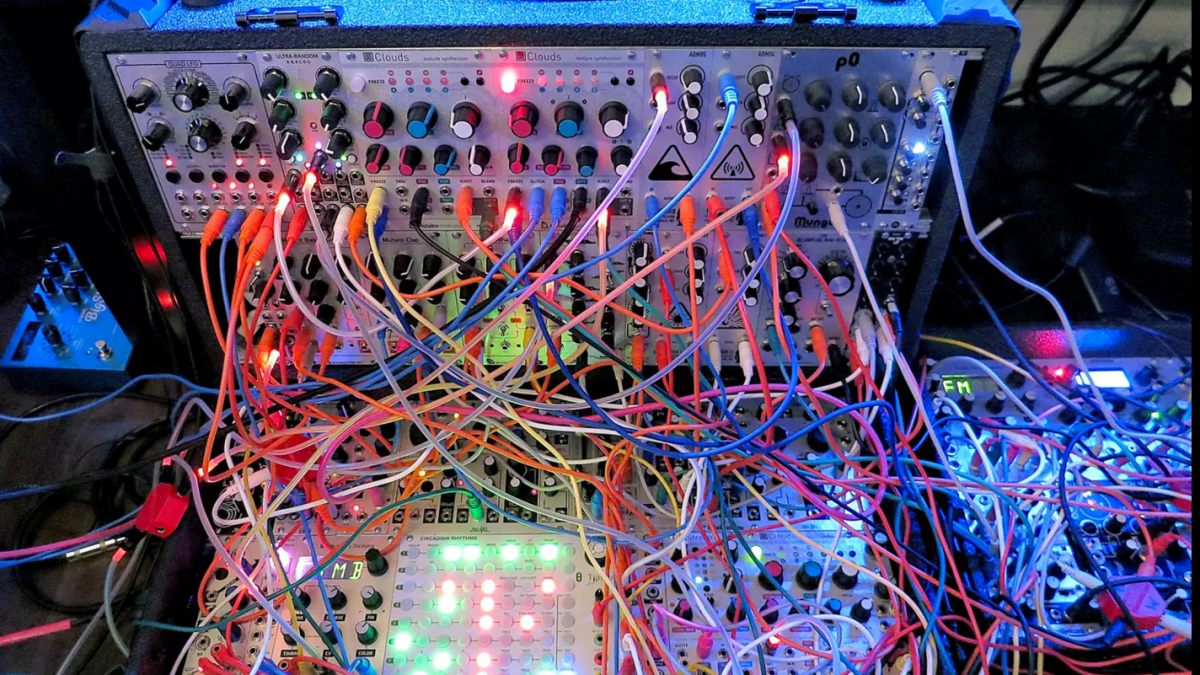Confession: I’m a dork. A nerd. A geek. A bona-fide weirdo.
I’m also past 50. The last five decades have been quite the journey for me. I watched the digital age come and go. It’s rise to, and fall from, prominence.
“But the digital age isn’t dead!” you decry, nostrils flaring in contempt. “You’re even posting this on a digital platform!”
I’m not talking about the mere existence of digital media. As you can see, it’s still here.
No- I’m talking about the waning dominance of digital media as a place of wonder and growth. You know what Instagram reels catch people’s attention the most? The ones that show someone making something- some kind of physical art. The digital media itself is just a communication tool showing the actual, physical art. There’s no wonder in the digital aspect of it at all.
Once upon a time, I would play with computers (like the Commodore 64, or the Tandy TRS-80 CoCo 2) and teach myself to program sprites in BASIC because, well, just because I could. The technology was new, and you didn’t really know what it could and couldn’t do. It was exploring an unexplored space. But today, all of that wonder is gone. Everywhere you look, there are unending expanses of procedurally generated landscapes, where everything is just a little bit different, but nothing is really new.
Fortunately, the human mind isn’t bound by digital limitations. When you are a true creative, the means of producing ideas will not be limited by the equipment you use.
You can write a novel on a typewriter or on a computer (or a physical word processor) and the novel will be either good or bad. You can record a song on a computer or a tape 4-track, and the song will still either be catchy or it won’t. You can paint a picture with an ipad or paint and canvas, and it will be interesting or it won’t.
But there’s no value in “digital” as anything but a tool now. There’s no fascination in it by itself. Computers are unable to produce ideas on their own, despite what the AI investors want you to believe.
My commission to you, from one human being to another, is to regularly come up with ideas and try to bring them to fruition. As an additional challence, I want you to do it without computers, just to prove to yourself that it’s not the computer that comes up with ideas. It’s *you.*
I’m not talking about finished products- I’m talking about ideas. A sketchpad, a notebook, a pocket minicassette recorder- something to just get the ideas down. You can always go back and finish them later.
If you practice doing this, you will find that your creativity will likely increase because your brain is no longer trapped inside a digital prison.
Learn to break free of the mental limitations you put on yourself, and the machines that represent those limitations.
Move past the Digital Age, and embrace the creativity of raw, analog humanity.











